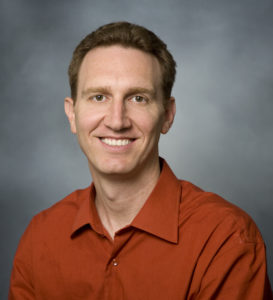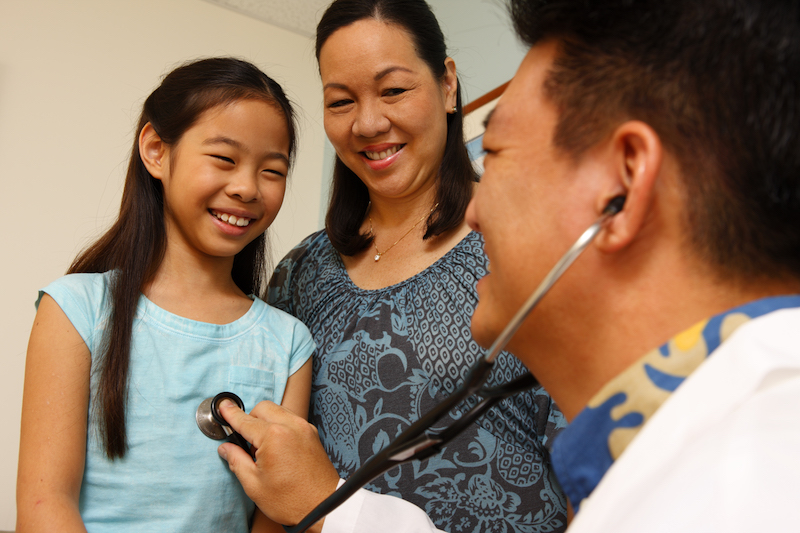Kaiser Permanente study confirms recommendations for catch-up HPV vaccination with 3 doses in females aged 15 to 20, but not when started at or after age 21.
The Centers for Disease Control and Prevention recommends that girls start the human papillomavirus (HPV) vaccination series at age 11 or 12 years to help prevent cervical cancer. For girls who don’t start the series of shots then, vaccination is still recommended up to the age of 26 years (so called “catch-up” vaccination). Three doses are recommended for girls and women who receive catch-up vaccination while only two doses are recommended for those that initiated prior to their 15th birthday. Now, new research from Kaiser Permanente adds evidence to support the recommendation that 3 doses of the HPV vaccine are needed for girls and women who start the vaccination at older ages. Importantly, the study did not find evidence that the vaccine series was effective if started at or after age 21 years.
The study compared women with cervical precancer or cancer to women without, and evaluated associations with prior HPV vaccination status, age at first dose and number of doses. The study found that catch-up HPV vaccination with 3 doses was associated with a lower risk of precancers or cancers in girls and women aged 14-20 years at first vaccine dose. However, they found no significant associations in women who initiated vaccination at ages 21–26 years or in women who received fewer than the full three doses.

“We think it is an important study which supports current guidelines recommending 3 doses of the HPV vaccine for girls and women who have delayed initiation of the vaccine,” said the study’s lead author, Michael Silverberg, a research scientist at the Kaiser Permanente Northern California Division of Research. “However, in contrast to current guidelines, which recommend catch-up vaccination up to age 26, we did not see that the vaccine was effective if initiated at or after age 21, although these results need to be confirmed in other settings.”
The study was published August 7 in the journal Lancet Child and Adolescent Health.
For the study, 4,357 women with cervical precancer or cancer were matched to a control group of 21,773 women. The youngest age at first vaccination was 14 years old in this study population. All women were members of Kaiser Permanente Northern California who were participating in a cervical cancer screening program.
The strongest decreases in risk of CIN2+ (a composite outcome that includes cervical precancer and cancer) were observed for girls and women who were 14-17 years old at first dose and who received 3 doses (a nearly 50 percent reduction in cervical cancer or precancer risk) and among women who were aged 18-20 years at first dose and received 3 doses (a 35 percent lower risk).
Similarly, the strongest decreases in risk of CIN3+ (a composite outcome limited to a more advanced precancer and cancer) were observed for girls and women with 3 doses who were 14-17 years old at first dose (a 73 percent reduction in risk) and those 18-20 years at first dose (a 41 percent lower risk).
No significant protection from either CIN2+ or CIN3+ was observed for women 21-26 years old at first dose, but additional research is needed to confirm this finding.
“Much of the evidence about the benefits of HPV vaccination have come from clinical trial settings,” said George F. Sawaya, principal investigator of the parent study and professor of obstetrics, gynecology and reproductive sciences at the University of California, San Francisco. “This study performed on a Kaiser Permanente population is unique and important because it demonstrates that the vaccine is just as effective in a real-world clinical setting.”
The National Cancer Institute funded this research.
Other Kaiser Permanente scientists on the study include Wendy Leyden, MPH, and Jennifer Lam, PhD. Collaborators on this study from the University of California, San Francisco, included George F. Sawaya, MD, Steven E. Gregorich, PhD, Miriam Kuppermann, PhD, Karen K. Smith-McCune, MD. Megan Huchko, MD, of Duke University, and Shalini Kulasingam, PhD, of the University of Minnesota, were also involved in the study.





This Post Has 0 Comments